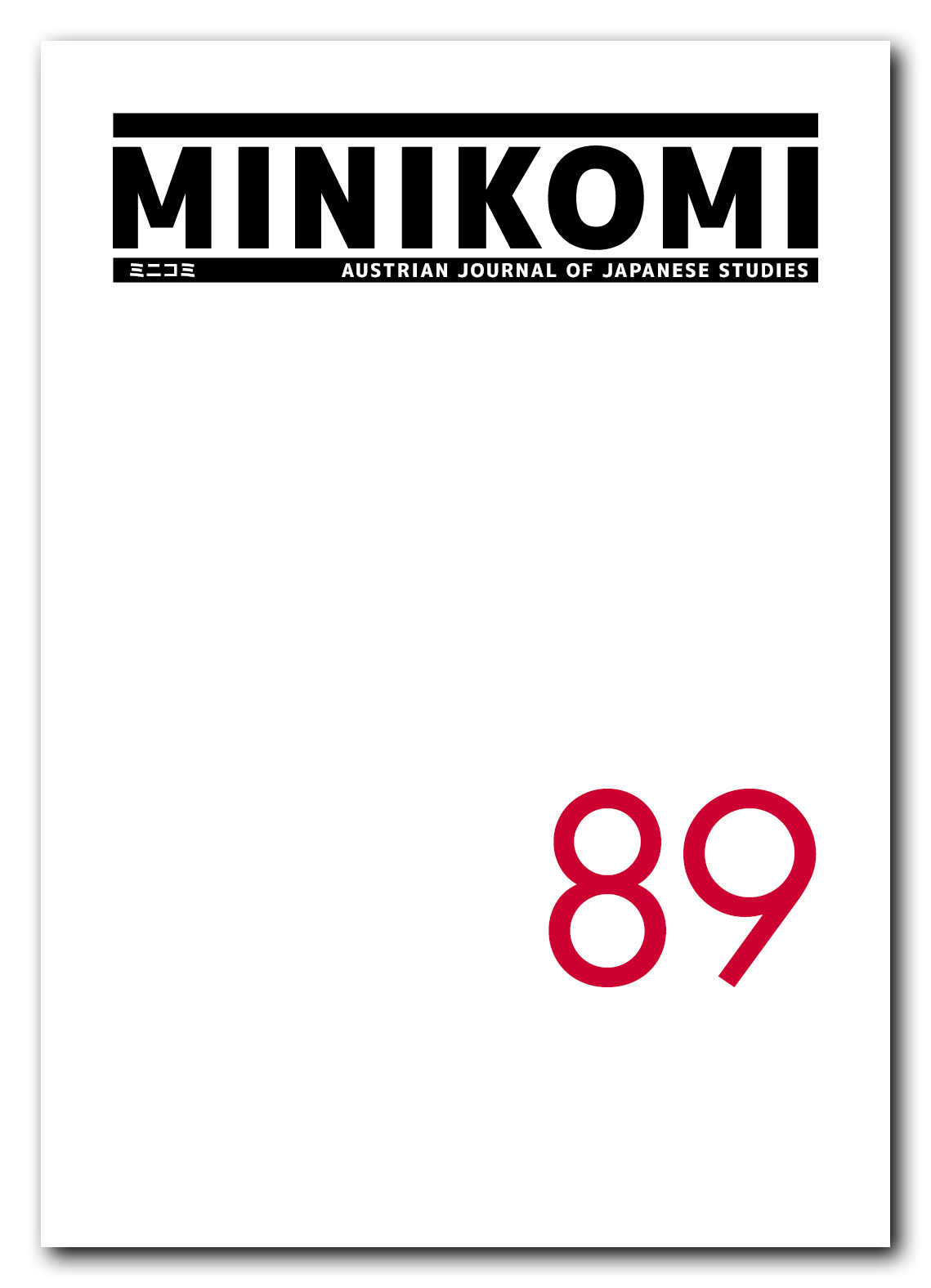Naming Conventions in Tokyo’s Rakugo World
DOI:
https://doi.org/10.25365/aaj-2022-89-03Schlagworte:
rakugo, yose, naming practices, training, name succession, zenza, futatsume, shin'uchiAbstract
This paper explores naming conventions in rakugo, a Japanese stage art often translated as “Japanese storytelling”. Rakugo performers (rakugoka) receive stage names upon the start of their training. This stage name does not only show belonging to their own master, it also legitimizes their status, is proof of artistic lineage and grants authorization to perform. Upon the start of training (deshi-iri), the name is bestowed by the master and may again be changed at important career life stages, such as promotion to futatsume (start to mid-career performer) and shin’uchi (master) status. Some performers are given names of deceased performers as a sign of their skills and to show they will continue in the previous name holder’s tradition.
This paper aims to show both naming structure and naming elements of stage names in contemporary Tokyo’s rakugo community and further explores naming rights, naming criteria and differences at various career stages and possible re-naming factors.
Downloads
Veröffentlicht
Zitationsvorschlag
Lizenz
Copyright (c) 2022 Sarah Stark

Dieses Werk steht unter der Lizenz Creative Commons Namensnennung 4.0 International.










